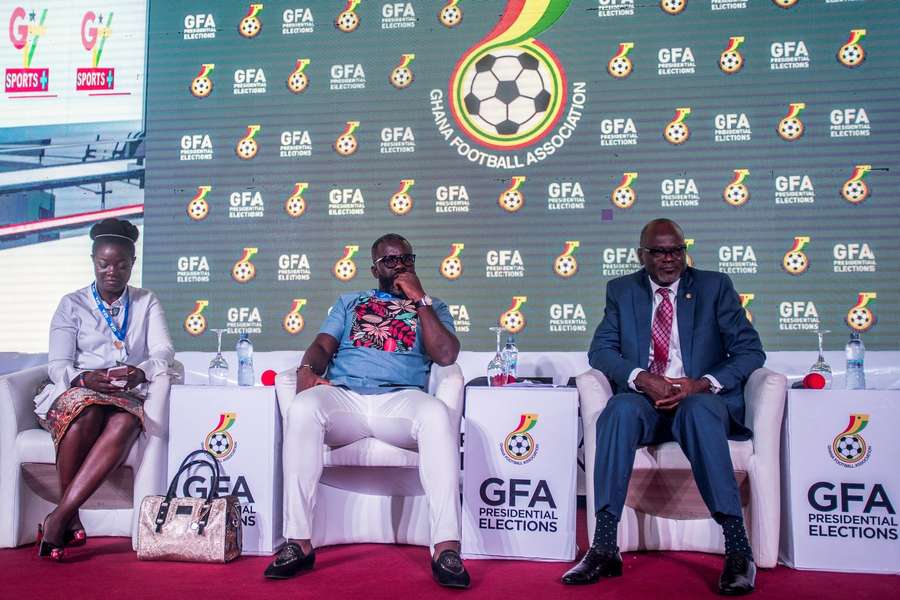The decision was ratified during the Association’s 31st Ordinary Congress, with 114 members voting in favour, six voting against, and three abstaining.
The amendment follows recommendations from the GFA Statutes Review Committee, which had been tasked with modernising the Association’s governance framework.
The committee argued that extending the term limit would allow for greater continuity in implementing long-term projects, strategic plans and also align them with CAF and FIFA statutes.
They maintained that some reforms and development programmes require more than eight years to bear fruit, and a possible 12-year tenure could provide the stability to see these initiatives through.
Alongside the presidential term limit extension, Congress also approved other significant amendments. One of the most notable was the introduction of a second vice president position within the Executive Council - a role that must be occupied by a woman.
This measure is aimed at promoting gender inclusion and giving women a stronger voice in football administration at the highest level.
GFA President Kurt Okraku, whose current second term runs until 2027, downplayed speculation about whether the change would influence his own future ambitions.
“This is premature. We have at the minute almost two and a half years to serve the Ghanaian game. And when it comes to that time, I'll make a decision,” Okraku said after the Congress.
“Just like many other people who are eligible to make a decision and contest. So this should not be a topic for us.
"What should be a topic is how we handle the new wind that is blowing around our domestic game, the high level of investment that the FA has spent to bring it to a reality, and how well our clubs can respond to our current situation in our attempt to develop the Ghanaian game.”
The 31st Ordinary Congress brought together football stakeholders from across the country, with a strong emphasis on governance reforms and sustaining the momentum of recent domestic football initiatives.


